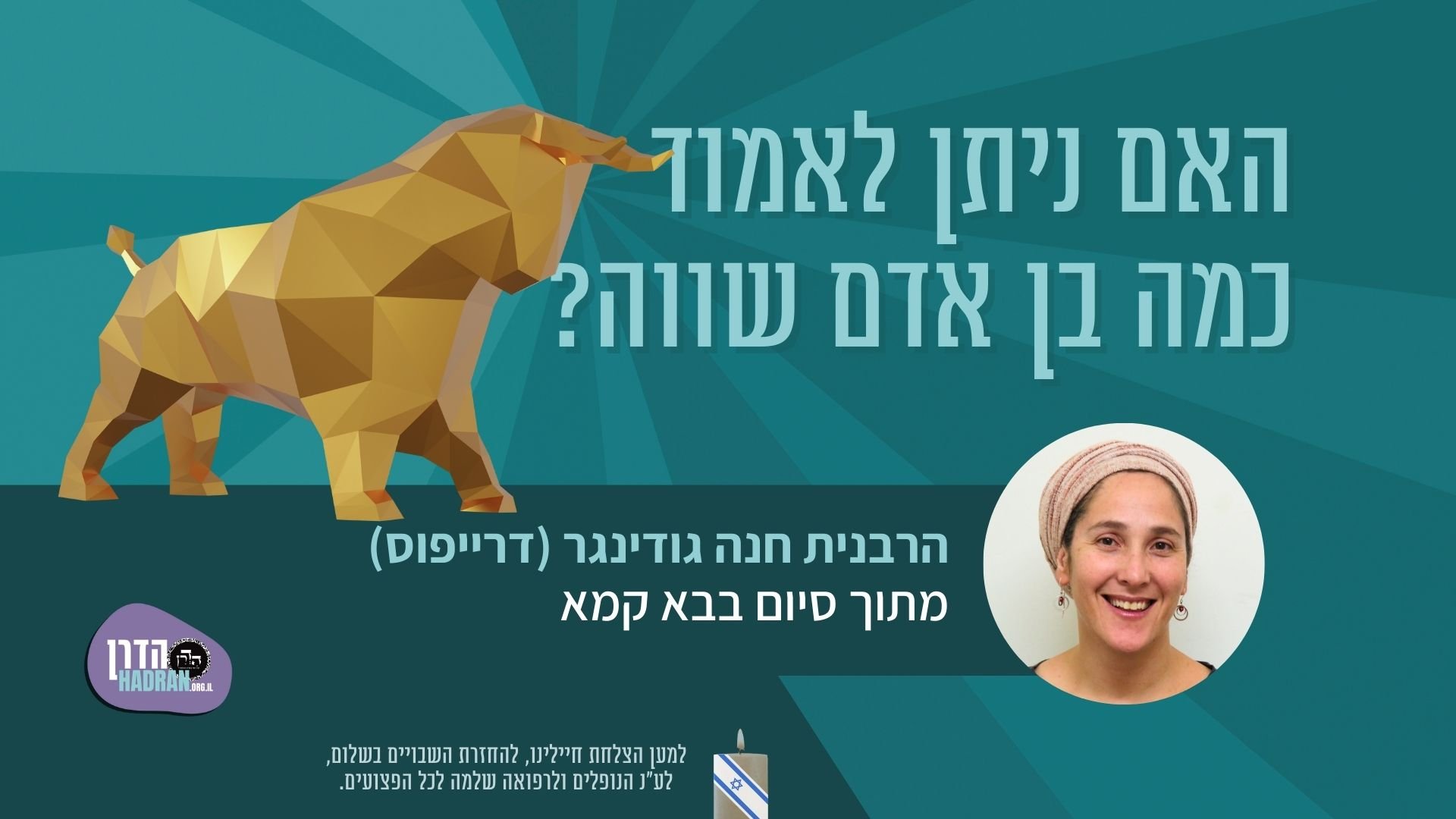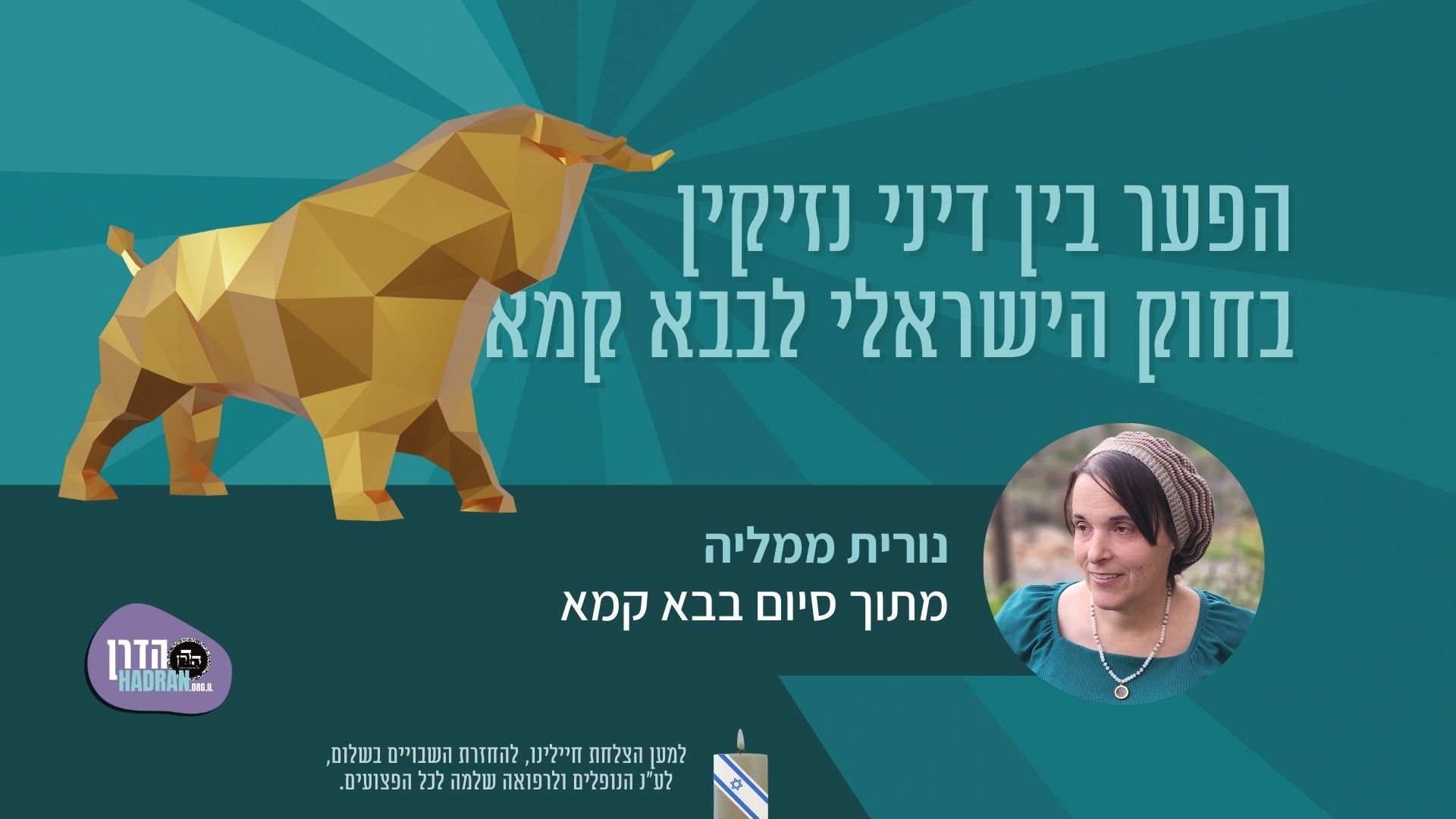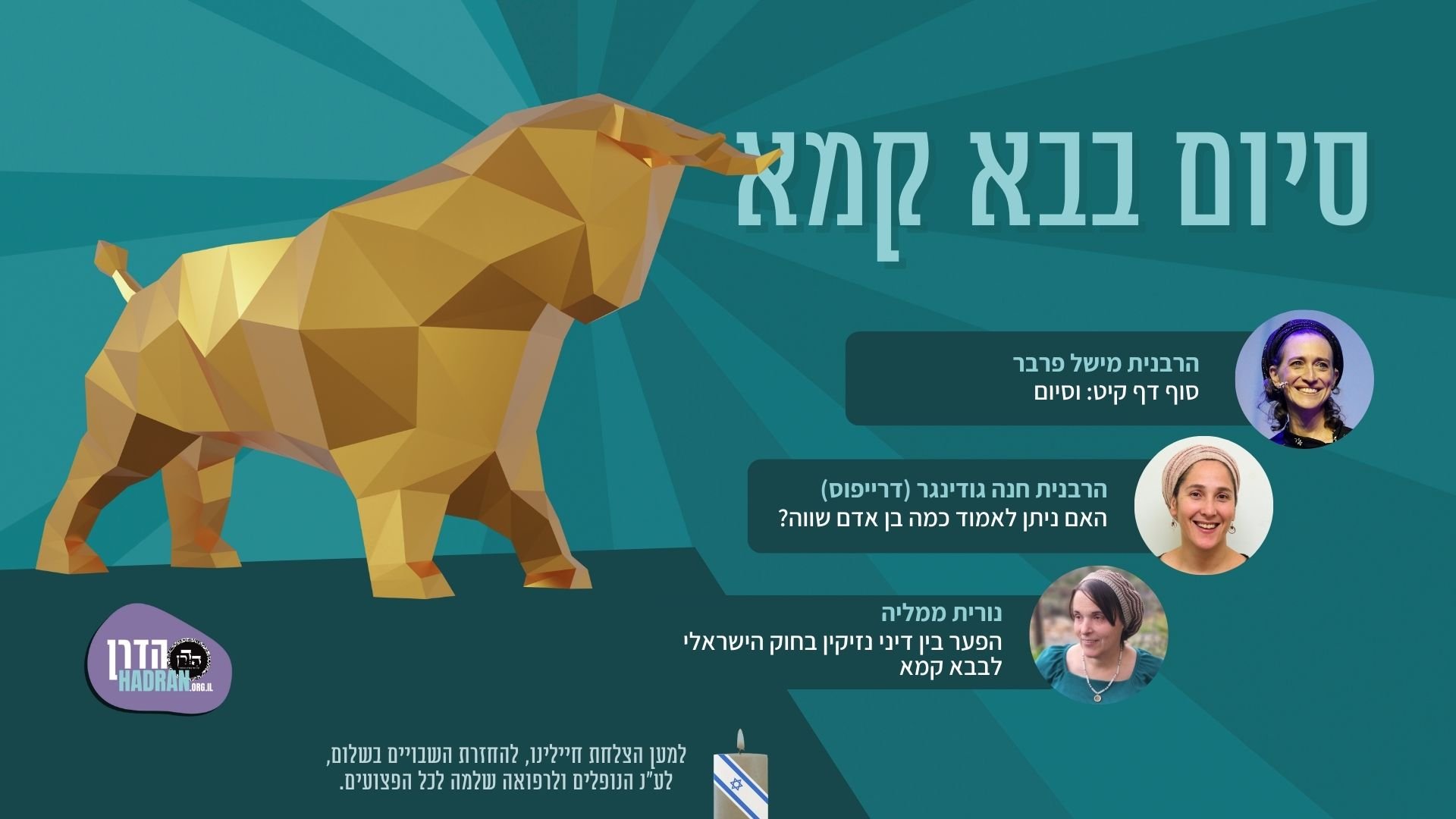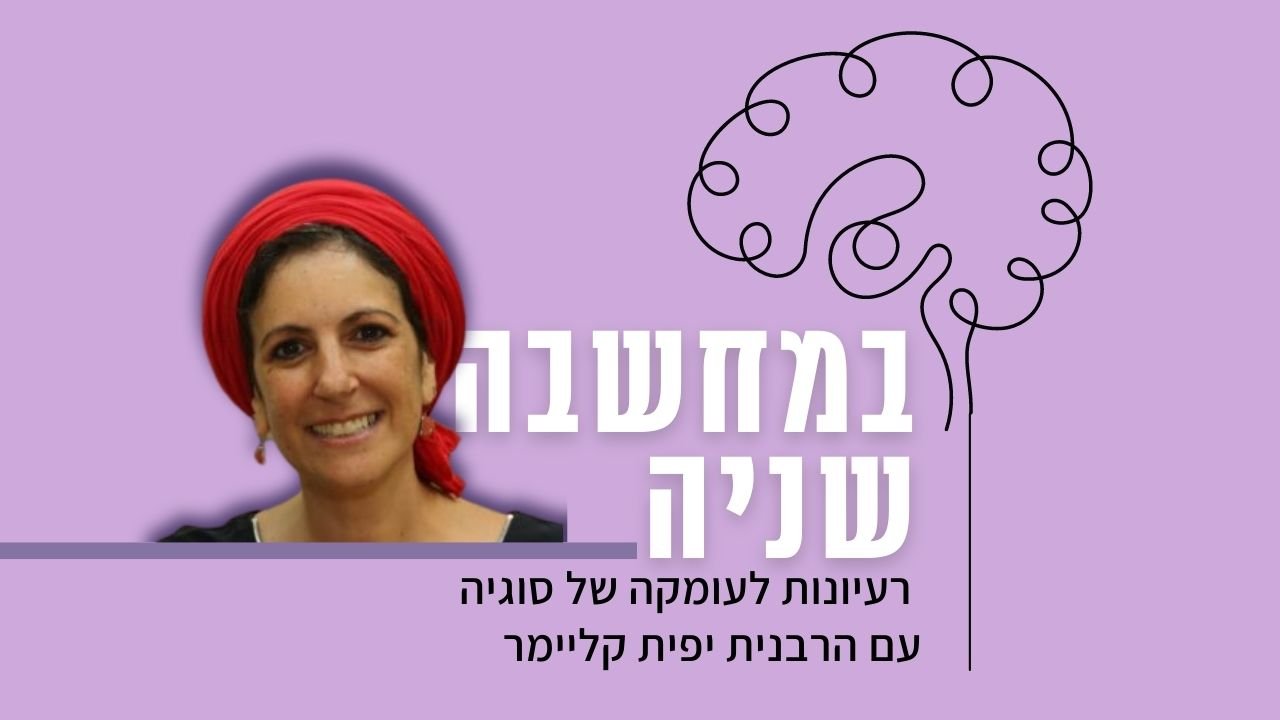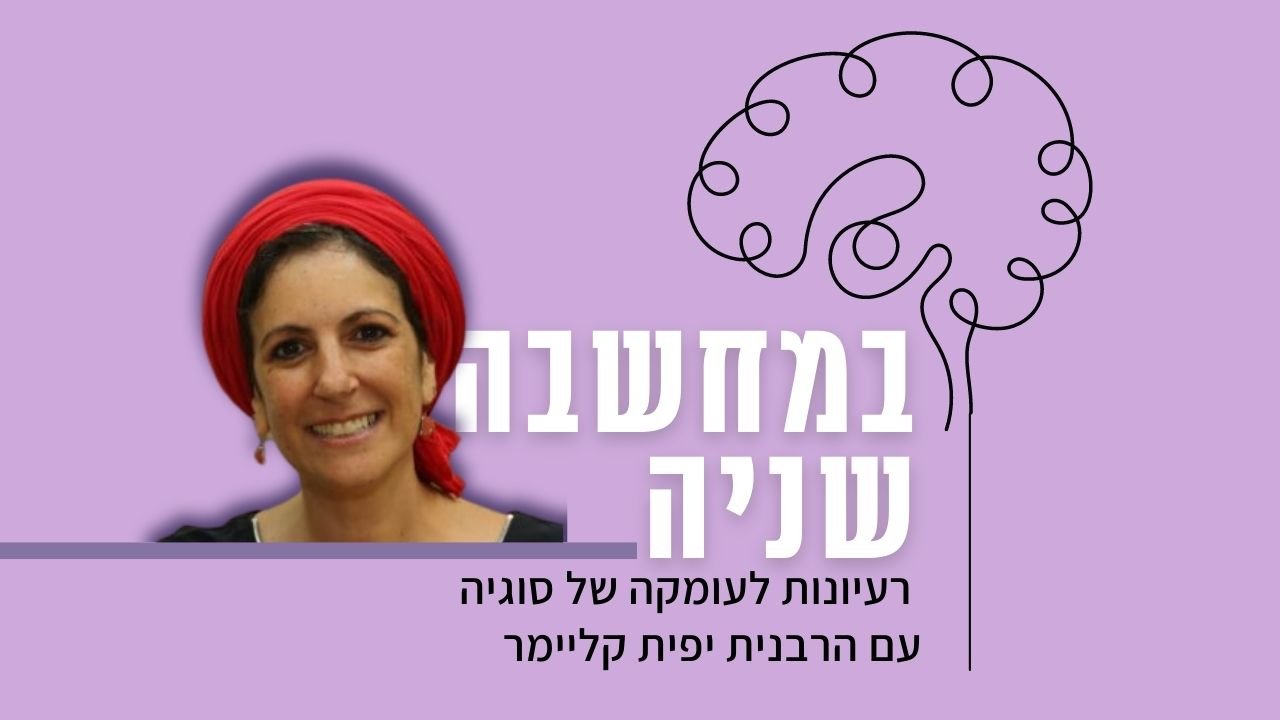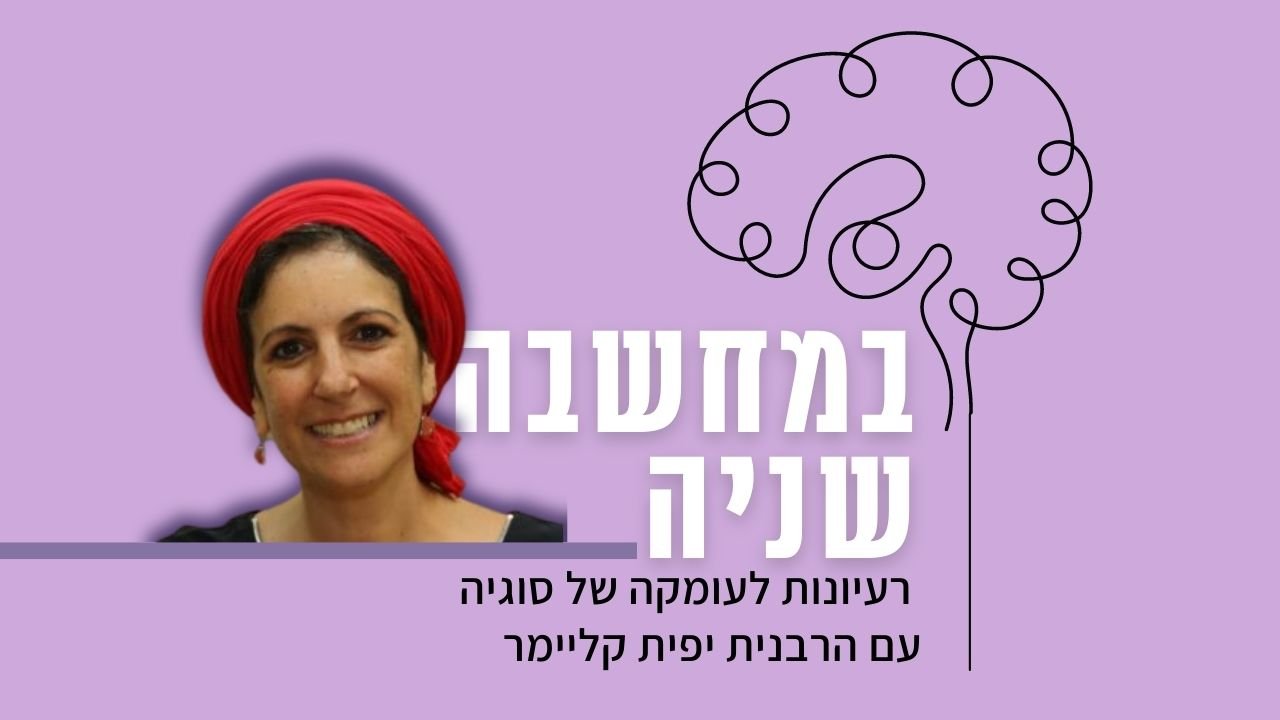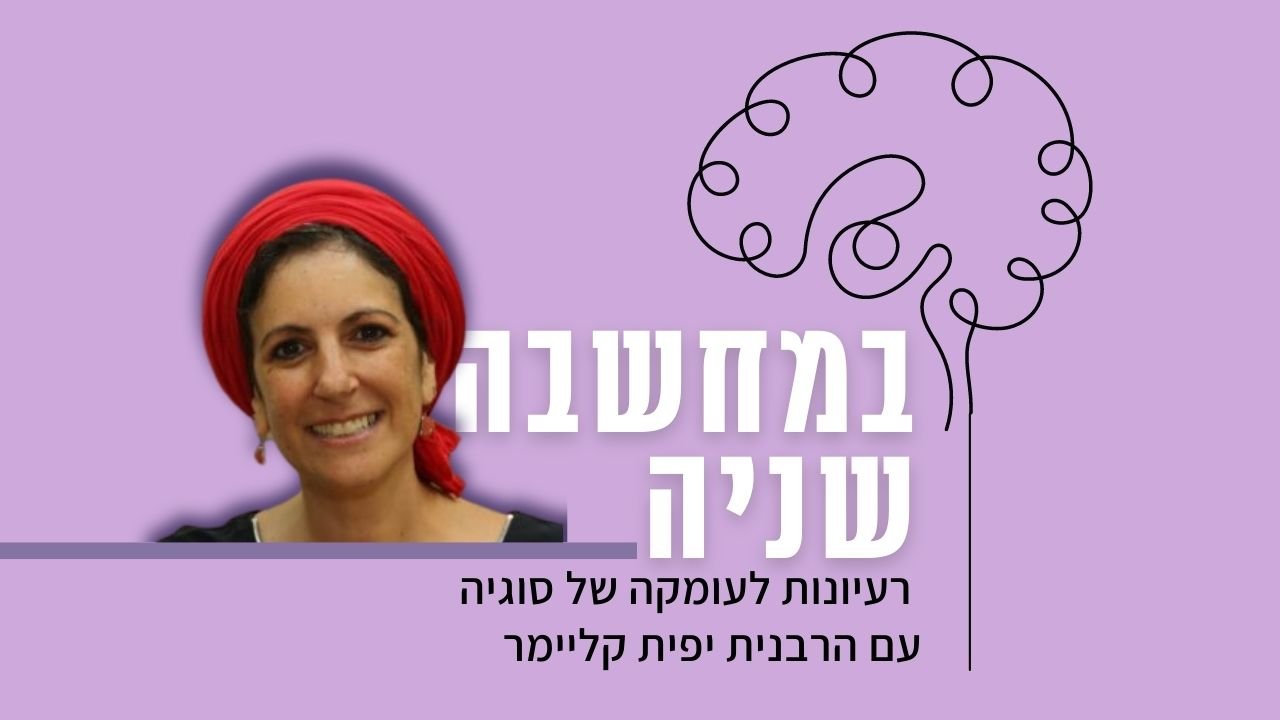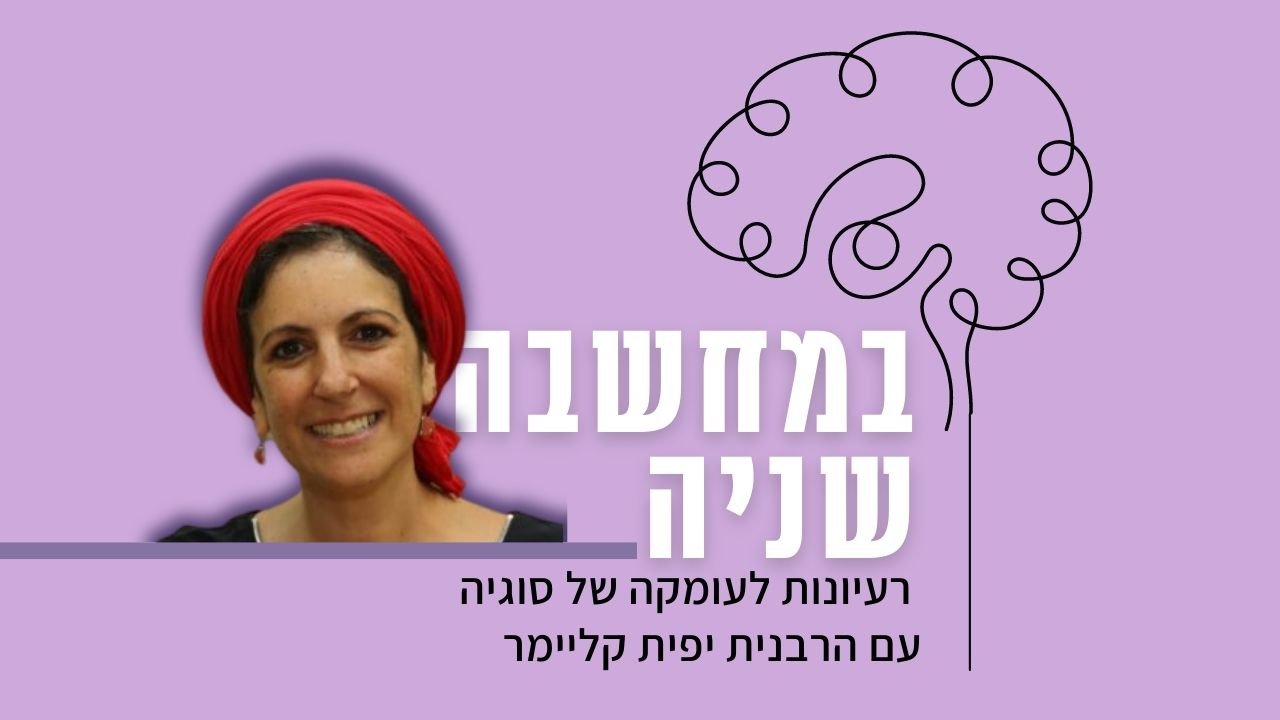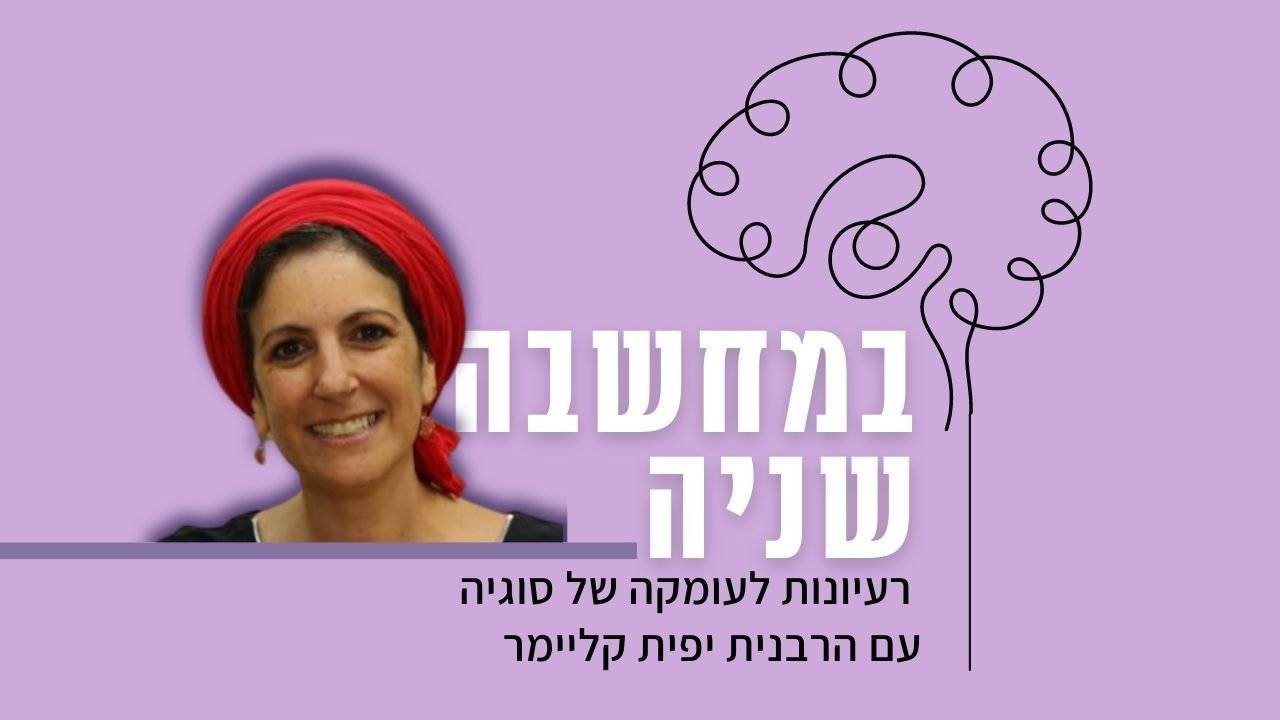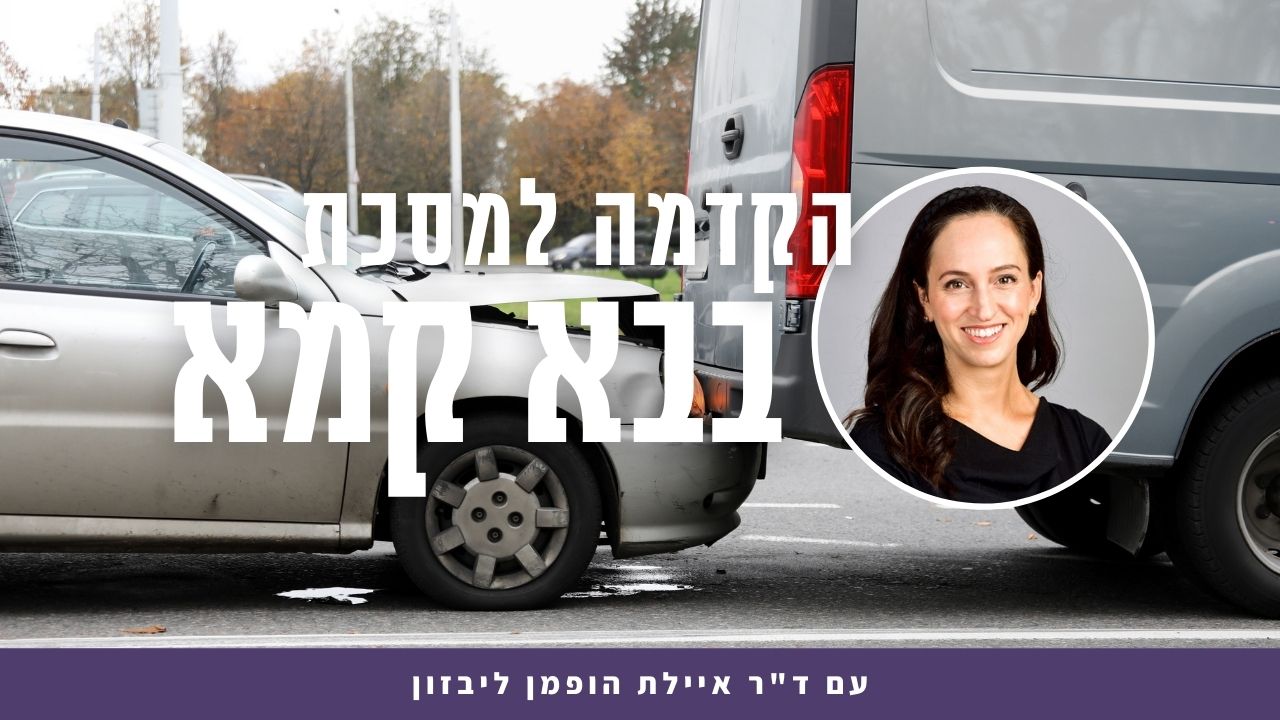דעתו של רבי יהודה לגבי עיוורים (סומא) מופיעה במספר ברייתות. ברייתא אחת מרחיבה את הפטור של עיוורים מדינים (דיני ממונות) ואחרת מרחיבה לפטור מכל המצוות. רב יוסף, שהיה עיוור, התרגש בהתחלה לשמוע על דעה זו ואמר שאם נפסוק כשיטתו הוא יחגוג כי זה אומר שהוא מקיים מצוות שעליהן הוא פטור והוא הניח שיקבל על זה שכר גדול יותר. לאחר ששמע את רבי חנינא אומר גדול המצווה ועושה ממי שאינו מצווה ועושה, קיווה שההלכה לא הלכה לפי דעתו של רבי יהודה. המשנה משווה בין ההלכות לאדם המזיק אדם לבין בעל חיים המזיק באדם. המשנה מפרטת גם מקרים שבהם אדם פטור מתשלום כיוון שחייבים גם בעונש מוות, כגון בחובל בהוריו ועשה בהם חבורה. מה הדין למי שפוגע בעבד עברי או בעבד כנעני? מה אם פוגע בקטן, שוטה או חירש-אילם? מה הדין אם אותם אנשים פוגעים באדם אחר? מה אם מי שמכה היא אישה או עבד כנעני שאין לה כסף משלהם? רבי אלעזר שאל את רב אם ילדה קטנה נפצעת, האם הכסף הולך לאביה כמו כסף קידושין או לה? רב עונה שזה מגיע אליה. רבי אלעזר מעלה שני קשיים נגד רב – אחד ממשנתנו ואחד מברייתא. לאחר תגובתו של רב לקושיות, מעלה הגמרא סתירה נגד הברייתא מברייתא אחרת ופותרת אותה. ריש לקיש ורבי יוחנן חלוקים בעניין התשובה לשאלת רבי אלעזר – ריש לקיש סובר כרב ור’ יוחנן אומר שהכסף הולך לאביה.
הלימוד החודש מוקדש לרפואת פיליס הכט, גיטל פעשא בת מאשה רחל על ידי חברותיה הרבות שאוהבות ומעריכות אותה.
רוצה להקדיש שיעור?

כלים
הלימוד החודש מוקדש לרפואת פיליס הכט, גיטל פעשא בת מאשה רחל על ידי חברותיה הרבות שאוהבות ומעריכות אותה.
כלים
העמקה
רוצה להבין מה באמת קורה מתחת לפני השטח של הסוגיה?
שיעורים, פודקאסטים והרחבות של מיטב המורות שלנו יפתחו לך עוד זוויות וכיווני חשיבה.
חדשה בלימוד הגמרא?
זה הדף הראשון שלך? איזו התרגשות עצומה! יש לנו בדיוק את התכנים והכלים שיעזרו לך לעשות את הצעדים הראשונים ללמידה בקצב וברמה שלך, כך תוכלי להרגיש בנוח גם בתוך הסוגיות המורכבות ומאתגרות.
פסיפס הלומדות שלנו
גלי את קהילת הלומדות שלנו, מגוון נשים, רקעים וסיפורים. כולן חלק מתנועה ומסע מרגש ועוצמתי.
בבא קמא פז
וְכֵן הָיָה רַבִּי יְהוּדָה פּוֹטְרוֹ מִכׇּל דִּינִים שֶׁבַּתּוֹרָה. מַאי טַעְמָא דְּרַבִּי יְהוּדָה? אָמַר קְרָא: ״וְשָׁפְטוּ הָעֵדָה בֵּין הַמַּכֶּה וּבֵין גֹּאֵל הַדָּם עַל הַמִּשְׁפָּטִים הָאֵלֶּה״ – כֹּל שֶׁיֶּשְׁנוֹ בְּמַכֶּה וּבְגוֹאֵל הַדָּם, יֶשְׁנוֹ בְּמִשְׁפָּטִים; כֹּל שֶׁאֵינוֹ בְּמַכֶּה וּבַגּוֹאֵל הַדָּם, אֵינוֹ בְּמִשְׁפָּטִים.
and so did Rabbi Yehuda exempt a blind person from all judgments of civil law that are in the Torah. The Gemara explains: What is the reasoning of Rabbi Yehuda? The verse states with regard to an unintentional killing: “Then the congregation shall judge between the smiter and the avenger of blood, according to these laws” (Numbers 35:24), to teach that anyone who is subject to the halakha of a smiter and to the halakha of an avenger of blood is subject to civil laws, and anyone who is not subject to the halakha of a smiter or to the halakha of an avenger of blood, including a blind person, is not subject to civil laws.
תַּנְיָא אִידַּךְ, רַבִּי יְהוּדָה אוֹמֵר: סוֹמֵא אֵין לוֹ בּוֹשֶׁת. וְכֵן הָיָה רַבִּי יְהוּדָה פּוֹטְרוֹ מִכׇּל מִצְוֹת הָאֲמוּרוֹת בַּתּוֹרָה. אָמַר רַב שִׁישָׁא בְּרֵיהּ דְּרַב אִידִי: מַאי טַעְמָא דְּרַבִּי יְהוּדָה? אָמַר קְרָא: ״וְאֵלֶּה הַמִּצְוֹת הַחֻקִּים וְהַמִּשְׁפָּטִים״ – כֹּל שֶׁיֶּשְׁנוֹ בְּמִשְׁפָּטִים, יֶשְׁנוֹ בְּמִצְוֹת וְחֻקִּים; וְכֹל שֶׁאֵינוֹ בְּמִשְׁפָּטִים, אֵינוֹ בְּמִצְוֹת וְחֻקִּים.
The Gemara presents another statement of Rabbi Yehuda. It is taught in another baraita that Rabbi Yehuda says: A blind person does not have, i.e., receive, compensation for humiliation, and so did Rabbi Yehuda exempt a blind person from all mitzvot that are stated in the Torah. Rav Sheisha, son of Rav Idi, said: What is the reasoning of Rabbi Yehuda? The verse states: “And this is the commandment, statutes, and laws” (Deuteronomy 6:1), to teach that anyone who is subject to civil laws is also subject to the commandments and statutes, and anyone who is not subject to civil laws, including a blind person, is also not subject to the commandments and statutes.
אָמַר רַב יוֹסֵף, מֵרֵישׁ הֲוָה אָמֵינָא: מַאן דְּאָמַר הֲלָכָה כְּרַבִּי יְהוּדָה – דְּאָמַר: סוֹמֵא פָּטוּר מִן הַמִּצְוֹת, קָא עָבֵדְינָא יוֹמָא טָבָא לְרַבָּנַן, מַאי טַעְמָא? דְּלָא מִפַּקַּדְנָא, וְקָא עָבֵדְינָא מִצְוֹת.
Rav Yosef, who was blind, said: At first, I would say: If I hear one who says that the halakha is in accordance with the opinion of Rabbi Yehuda, who says: A blind person is exempt from the mitzvot, then I will host a festive day for the Sages. What is the reason? It is that I am not commanded and nevertheless I perform mitzvot.
וְהַשְׁתָּא דִּשְׁמַעִית לְהָא דְּרַבִּי חֲנִינָא, דְּאָמַר רַבִּי חֲנִינָא: גָּדוֹל הַמְצֻוֶּוה וְעוֹשֶׂה – מִמִּי שֶׁאֵינוֹ מְצֻוֶּוה וְעוֹשֶׂה; מַאן דְּאָמַר לִי: אֵין הֲלָכָה כְּרַבִּי יְהוּדָה, עָבֵידְנָא יוֹמָא טָבָא לְרַבָּנַן. מַאי טַעְמָא? דְּכִי מִפַּקַּדְינָא – אִית לִי אַגְרָא טְפֵי.
Rav Yosef continues. But now that I heard this statement of Rabbi Ḥanina, as Rabbi Ḥanina says: One who is commanded and performs a mitzva is greater than one who is not commanded and performs it, I say: If I hear one who says to me that the halakha is not in accordance with the opinion of Rabbi Yehuda, then I will host a festive day for the Sages. What is the reason? It is that as I am commanded, I have more reward.
מַתְנִי׳ זֶה חוֹמֶר בָּאָדָם מִבַּשּׁוֹר – שֶׁהָאָדָם מְשַׁלֵּם נֶזֶק, צַעַר, רִיפּוּי, שֶׁבֶת וּבוֹשֶׁת, וּמְשַׁלֵּם דְּמֵי וְלָדוֹת; וְשׁוֹר אֵינוֹ מְשַׁלֵּם אֶלָּא נֶזֶק, וּפָטוּר מִדְּמֵי וְלָדוֹת.
MISHNA: This halakha is a stringency with regard to a person who caused injury, compared to the halakha with regard to an ox that caused injury: The halakha is that the person pays compensation for damage, pain, medical costs, loss of livelihood, and humiliation; and if he caused a woman to miscarry he also pays compensation for miscarried offspring, as the verse states (see Exodus 21:22). But in the case of an ox that caused injury, the owner pays only compensation for damage, and he is exempt from paying compensation for miscarried offspring.
הַמַּכֶּה אֶת אָבִיו וְאֶת אִמּוֹ וְלֹא עָשָׂה בָּהֶן חַבּוּרָה, וְחוֹבֵל בַּחֲבֵירוֹ בְּיוֹם הַכִּפּוּרִים – חַיָּיב בְּכוּלָּן.
The mishna continues: One who strikes his father or his mother but did not cause them to have a bruise, and therefore is not liable to receive court-imposed capital punishment, and one who injures another on Yom Kippur, the punishment for which is not court-imposed capital punishment, is liable to pay for all of the five types of indemnity.
הַחוֹבֵל בְּעֶבֶד עִבְרִי – חַיָּיב בְּכוּלָּן, חוּץ מִן הַשֶּׁבֶת בִּזְמַן שֶׁהוּא שֶׁלּוֹ. הַחוֹבֵל בְּעֶבֶד כְּנַעֲנִי שֶׁל אֲחֵרִים – חַיָּיב בְּכוּלָּן. רַבִּי יְהוּדָה אוֹמֵר: אֵין לַעֲבָדִים בּוֹשֶׁת.
One who injures a Hebrew slave is liable to pay for all of the five types of indemnity. This is except for compensation for loss of livelihood suffered during the time that the injured slave belongs to the one that injured him. Since the right to the slave’s labor belongs to his master, his inability to work is his master’s loss. One who injures a Canaanite slave belonging to others is liable to pay for all of the five types of indemnity. Rabbi Yehuda says: Canaanite slaves do not have humiliation, so the one who injures the slave pays only the other four types of indemnity.
חֵרֵשׁ, שׁוֹטֶה וְקָטָן פְּגִיעָתָן רָעָה, הַחוֹבֵל בָּהֶן – חַיָּיב, וְהֵם שֶׁחָבְלוּ בַּאֲחֵרִים – פְּטוּרִין.
The mishna continues: With regard to a deaf-mute, an imbecile, or a minor, an encounter with them is disadvantageous. In other words, no favorable outcome is possible for someone involved in an incident with one of these people, since one who injures them is liable. But if they were the ones who injured others, they are exempt. This is because they lack awareness and are not responsible for their actions.
הָעֶבֶד וְהָאִשָּׁה פְּגִיעָתָן רָעָה, הַחוֹבֵל בָּהֶם – חַיָּיב, וְהֵם שֶׁחָבְלוּ בַּאֲחֵרִים – פְּטוּרִין, אֲבָל מְשַׁלְּמִין לְאַחַר זְמַן. נִתְגָּרְשָׁה הָאִשָּׁה, נִשְׁתַּחְרֵר הָעֶבֶד – חַיָּיבִין לְשַׁלֵּם.
Similarly, with regard to a slave and a married woman, an encounter with them is disadvantageous, since one who injures them is liable. But if they were the ones who injured others, they are exempt, because they do not have money with which to pay compensation. But they pay compensation at a later time. The exemption is only temporary, as, if the woman becomes divorced or the slave becomes emancipated, and they then have their own money, they are liable to pay compensation.
הַמַּכֶּה אָבִיו וְאִמּוֹ וְעָשָׂה בָּהֶן חַבּוּרָה, וְהַחוֹבֵל בַּחֲבֵירוֹ בְּשַׁבָּת – פָּטוּר מִכּוּלָּן, מִפְּנֵי שֶׁהוּא נִדּוֹן בְּנַפְשׁוֹ.
The mishna continues: One who strikes his father or his mother and causes them to have a bruise, or one who injures another on Shabbat, is exempt from paying all of the five types of indemnity, because he is judged with losing his life. The court imposes capital punishment for these acts, so there is no additional monetary punishment.
וְהַחוֹבֵל בְּעֶבֶד כְּנַעֲנִי שֶׁלּוֹ – פָּטוּר מִכּוּלָּן.
And one who injures his own Canaanite slave is exempt from paying all of the five types of indemnity, because his slave is his property.
גְּמָ׳ בְּעָא מִינֵּיהּ רַבִּי אֶלְעָזָר מֵרַב: הַחוֹבֵל בְּבַת קְטַנָּה שֶׁל אֲחֵרִים, חֲבָלָה לְמִי?
GEMARA: The Gemara discusses a case of compensation for injury. Rabbi Elazar raised a dilemma before Rav: In a case of one who injures the minor daughter of others, to whom does he pay compensation for the injury?
מִי אָמְרִינַן: כֵּיוָן דְּאַקְנִי לֵיהּ רַחֲמָנָא שֶׁבַח נְעוּרִים לְאָב – חֲבָלָה נָמֵי דַּאֲבוּהּ הָוֵי, מַאי טַעְמָא – דְּהָא אַפְחֲתַהּ מִכַּסְפַּהּ; אוֹ דִילְמָא, שֶׁבַח נְעוּרִים הוּא דְּאַקְנִי לֵיהּ רַחֲמָנָא, דְּאִי בָּעֵי לְמִמְסַר לַהּ לְמוּכֵּה שְׁחִין – מָצֵי מָסַר, אֲבָל חֲבָלָה – כֵּיוָן דְּאִי בָּעֵי מִ(ת)חְבַּל בַּהּ לָא מָצֵי חָבֵיל, לָא (קַנְיֵיהּ) [אַקְנִי] לֵיהּ רַחֲמָנָא?
Rabbi Elazar explains the dilemma: Do we say that since the Merciful One granted the profits of her youth to the father, as he receives her betrothal money, compensation for injury also belongs to her father? What is the reason that he should receive it? The reason is that the one who injured her lowered her monetary value, resulting in her father receiving gifts of lesser value when she is betrothed. Or perhaps it is only the profits of her youth that the Merciful One granted to her father, because if he desires to give her in marriage to a man afflicted with boils, he can give her to him, but with regard to injury, since if he desires to injure her he may not injure her, just as he may not injure any other person, the Merciful One did not grant him the right to receive the compensation when she is injured.
אֲמַר לֵיהּ: לֹא זִכְּתָה תּוֹרָה לָאָב, אֶלָּא שֶׁבַח נְעוּרִים בִּלְבָד. אֵיתִיבֵיהּ: הַחוֹבֵל בְּעֶבֶד עִבְרִי – חַיָּיב בְּכוּלָּן, חוּץ מִן הַשֶּׁבֶת בִּזְמַן שֶׁהוּא שֶׁלּוֹ! אָמַר אַבָּיֵי: מוֹדֶה רַב בְּשֶׁבֶת, דְּמַעֲשֵׂה יָדֶיהָ עַד שְׁעַת בַּגְרוּת – דַּאֲבוּהּ הָוֵי.
Rav said to Rabbi Elazar in response: The Torah granted the father only the profits of her youth and nothing else. Therefore, compensation for the injury goes to the daughter. Rabbi Elazar raised an objection to Rav’s statement based on the mishna: One who injures a Hebrew slave is liable for all of the five types of indemnity. This is except for compensation for loss of livelihood occurring during the time that the injured slave belongs to the one that injured him. This should be the halakha with regard to a minor daughter as well, that since the father has the right to the earnings of his minor daughter, he should receive the compensation for her loss of livelihood. Abaye said in response: Rav concedes with regard to compensation for her loss of livelihood that it is paid to the father, since her earnings belong to her father until the time of her adulthood, and therefore her inability to work is her father’s loss.
אֵיתִיבֵיהּ: הַחוֹבֵל בִּבְנוֹ גָּדוֹל – יִתֵּן לוֹ מִיָּד, בִּבְנוֹ קָטָן – יַעֲשֶׂה לוֹ סְגוּלָּה. הַחוֹבֵל בְּבִתּוֹ קְטַנָּה – פָּטוּר, וְלֹא עוֹד, אֶלָּא אֲחֵרִים שֶׁחָבְלוּ בָּהּ – חַיָּיבִין לִיתֵּן לְאָבִיהָ! הָכִי נָמֵי בְּשֶׁבֶת.
Rabbi Elazar raised an objection to Rav’s statement based on a baraita: One who injures his adult son must give him his compensation immediately. If one injured his minor son he must make a safe investment [segulla] for him with the compensation money. One who injures his minor daughter is exempt, and moreover, if there were others who injured her, they are liable to give compensation to her father. The Gemara answers: So too here, the baraita is speaking with regard to the daughter’s loss of livelihood alone, which is paid to the father. The other types of indemnity are paid to the daughter.
וּבִבְנוֹ גָּדוֹל יִתֵּן לוֹ מִיָּד? וּרְמִינְהוּ: הַחוֹבֵל בְּבָנָיו וּבִבְנוֹתָיו שֶׁל אֲחֵרִים, גְּדוֹלִים – יִתֵּן לָהֶם מִיָּד, קְטַנִּים – יַעֲשֶׂה לָהֶם סְגוּלָּה. בְּבָנָיו וּבִבְנוֹתָיו שֶׁלּוֹ – פָּטוּר!
The Gemara questions the first ruling of the baraita: And is it so that if a father injured his adult son he must give him his compensation immediately? And the Gemara raises a contradiction from that which is taught in another baraita: In a case of one who injures the sons or daughters of others, if they are adults he must give them their compensation immediately; if they are minors he must make a safe investment for them. If one injures his own sons or daughters, he is exempt from paying them compensation.
אָמְרִי: לָא קַשְׁיָא; כָּאן כְּשֶׁסְּמוּכִים עַל שֻׁלְחָנוֹ, כָּאן כְּשֶׁאֵין סְמוּכִין עַל שֻׁלְחָנוֹ.
The Sages say in response: This is not difficult. Here, where the baraita states that the father is exempt, it is dealing with a case where the children are dependent on their father’s table for support. There, where the baraita states that the father is liable, it is dealing with a case where the children are not dependent on his table.
בְּמַאי אוֹקֵימְתַּהּ לְקַמַּיְיתָא – בְּשֶׁאֵין סְמוּכִין עַל שֻׁלְחָנוֹ? אִי הָכִי, אֵימָא סֵיפָא: הַחוֹבֵל בְּבִתּוֹ הַקְּטַנָּה – פָּטוּר; וְלֹא עוֹד, אֶלָּא אֲחֵרִים שֶׁחָבְלוּ בָּהּ – חַיָּיבִין לִיתֵּן לְאָבִיהָ. לְדִידַהּ בָּעֵי לְמִיתַּב לַהּ – דְּבַעְיָא מְזוֹנֵי!
The Gemara challenges this resolution of the two baraitot: In what manner did you interpret the first baraita? You interpreted it as dealing with a case where the children are not dependent on his table? If so, say the latter clause of that baraita: One who injures his minor daughter is exempt, and moreover, if there were others who injured her, they are liable to give compensation to her father. If this is a case where the daughter is not dependent upon her father for support, then the one who injured her would be required to give the compensation to her, because she needs to provide her own sustenance.
וַאֲפִילּוּ לְמַאן דְּאָמַר: יָכוֹל הָרַב לוֹמַר לָעֶבֶד ״עֲשֵׂה עִמִּי וְאֵינִי זָנָךְ״; הָנֵי מִילֵּי בְּעֶבֶד כְּנַעֲנִי – דְּאָמַר לֵיהּ: עֲבֵיד עֲבִידְתָּא כּוּלֵּי יוֹמָא, וּלְאוּרְתָּא זִיל סְחַר וֶאֱכוֹל; אֲבָל עֶבֶד עִבְרִי, דִּכְתִיב: ״כִּי טוֹב לוֹ עִמָּךְ״ – עִמְּךָ בְּמַאֲכָל, עִמְּךָ בְּמִשְׁתֶּה – לֹא כׇּל שֶׁכֵּן בִּתּוֹ?!
The Gemara continues its challenge. And even according to the one who says that a master can say to his slave: Work for me but I will not feed you, i.e., a master is not legally obligated to provide sustenance for his slave, this matter applies only to a Canaanite slave, as the master can say to him: Work for me the entire day, and at night go around, beg, and eat. But in the case of a Hebrew slave, as it is written with regard to him: “Because he fares well with you” (Deuteronomy 15:16), indicating that the Hebrew slave must be “with you” in food and “with you” in drink, i.e., the Hebrew slave is entitled to live with his master as an equal, the master may not compel the slave to serve him unless he feeds him. All the more so is it not the case with regard to his daughter, that she is not required to beg for her sustenance and should receive the compensation herself?
כִּדְאָמַר רָבָא בְּרֵיהּ דְּרַב עוּלָּא: לֹא נִצְרְכָה אֶלָּא לְהַעְדָּפָה; הָכָא נָמֵי, לָא נִצְרְכָה אֶלָּא לְהַעְדָּפָה.
The Gemara answers: This is as Rava, son of Rav Ulla, said concerning a similar matter (Ketubot 43a): This halakha is necessary only for the surplus, i.e., money that a woman earns beyond what she needs for her essential sustenance. Here too, this halakha is necessary only for the surplus. If the compensation for injury is more than the daughter requires for her sustenance, the additional sum is paid to her father.
בְּמַאי אוֹקֵימְתַּהּ לְבָתְרָיְיתָא – בִּסְמוּכִין עַל שֻׁלְחָנוֹ? ״גְּדוֹלִים – יִתֵּן לָהֶם מִיָּד, קְטַנִּים – יַעֲשֶׂה לָהֶם סְגוּלָּה״, אַמַּאי? לַאֲבִיהֶם בָּעֵי לְמִיתַּב!
The Gemara again challenges the resolution of the two baraitot: In what manner did you interpret the latter baraita discussing one who injures the children of another? You interpreted it as dealing with a case where the sons are dependent on their father’s table. But the baraita also stated: If they are adults, he must give them their compensation immediately; if they are minors, he must make a safe investment for them. Why does he make a safe investment for them? Shouldn’t he be required to give the compensation to their father?
אָמְרִי: כִּי קָא קָפֵיד – בְּמִידֵּי דְּקָא חָסַר, בְּמִידֵּי דַּאֲתָא מֵעָלְמָא – לָא קָפֵיד.
The Sages say in response: Where the father is particular about receiving money that would go to his child is specifically in a matter that causes him a loss, as in a case where the father himself injured his child and would need to pay compensation. But in a matter that comes from elsewhere, as in a case where someone else injured his child, he is not particular about receiving the money, and it is paid to the child.
וְהָא מְצִיאָה, דְּמֵעָלְמָא קָאָתֵי לְהוּ, וְקָא קָפֵיד! אָמְרִי: רַוְוחָא דְּקָאָתֵי לְהוּ מֵעָלְמָא, וְלֵית לְהוּ צַעֲרָא דְּגוּפַיְיהוּ בְּגַוַּוהּ – קָפֵיד; אֲבָל חֲבָלָה, דְּאִית לְהוּ צַעֲרָא דְּגוּפַיְיהוּ, וּמֵעָלְמָא קָאָתֵי לְהוּ – לָא קָפֵיד.
The Gemara challenges that response: But isn’t a found item a matter that comes to the children from elsewhere, and the father is particular about receiving it? The Sages say in response: With regard to profit that comes to the children from elsewhere, and they do not suffer physical pain in obtaining it, the father is particular about receiving the money, as he does not feel that the children deserve it. But in the case of an injury, where they suffer physical pain and it comes to them from elsewhere, the father is not particular about receiving the compensation paid to his child.
וְהָא הָתָם, דְּאִית לַהּ צַעֲרָא דְּגוּפָא, וּמֵעָלְמָא קָאָתֵי לַהּ, וְקָא קָפֵיד! דְּקָתָנֵי: וְלֹא עוֹד, אֶלָּא (אֲפִילּוּ) אֲחֵרִים שֶׁחָבְלוּ בָּהּ – חַיָּיבִין לִיתֵּן לְאָבִיהָ!
The Gemara challenges: But there, in the first baraita, isn’t it discussing a case where the daughter suffers physical pain, and it is a matter that comes to her from elsewhere, and the father is particular about receiving the money, as it teaches: And moreover, if there were others who injured her, they are liable to give compensation to her father?
אָמְרִי: הָתָם, דְּגַבְרָא קַפְדָנָא הוּא, דְּהָא אֵין סְמוּכִין עַל שֻׁלְחָנוֹ – אֲפִילּוּ בְּמִידֵּי דְּאָתֵי לְהוּ מֵעָלְמָא קָפֵיד. הָכָא, דְּלָאו גַּבְרָא קַפְדָנָא הוּא, דְּהָא סְמוּכִין עַל שֻׁלְחָנוֹ; כִּי קָא קָפֵיד – בְּמִידֵּי דְּקָא חָסַר לֵיהּ, בְּמִידֵּי דְּאָתֵי לְהוּ מֵעָלְמָא – לָא קָפֵיד.
The Sages say in response: There, the baraita discusses a case where the father is a captious man, which is evident from the case of the baraita itself, as his children are not dependent on his table. A man like this is particular even about matters that come to them from elsewhere. By contrast, here, in the latter baraita, it discusses a case where the father is not a captious man, which is evident from the case of the baraita itself, as his children are dependent on his table. When he is particular about receiving the money, it is in a matter that causes him a loss, but in a matter that comes to them from elsewhere, he is not particular.
מַאי ״סְגוּלָּה״? רַב חִסְדָּא אָמַר: סֵפֶר תּוֹרָה. רַבָּה בַּר רַב הוּנָא אָמַר: דִּיקְלָא דְּאָכֵיל מִינֵּיהּ תַּמְרֵי.
The two baraitot stated that the father makes a safe investment for his minor children with the compensation paid to them. The Gemara asks: What is meant by a safe investment? Rav Ḥisda says: The father should purchase a Torah scroll for his child. Rabba bar Rav Huna, says: The father should purchase a date palm, from which the child will consume dates.
וְכֵן אָמַר רֵישׁ לָקִישׁ: לֹא זִכְּתָה תּוֹרָה לָאָב – אֶלָּא שֶׁבַח נְעוּרִים בִּלְבָד. וְרַבִּי יוֹחָנָן אָמַר: אֲפִילּוּ פְּצִיעָה.
The Gemara comments that the amora’im of Eretz Yisrael discussed the same issue as did those in Babylonia. And so says Reish Lakish: The Torah granted the father only the profits of her youth, and nothing else. And Rabbi Yoḥanan says: The father receives even the compensation for his daughter’s wound.
פְּצִיעָה סָלְקָא דַּעְתָּךְ?! אֲפִילּוּ רַבִּי אֶלְעָזָר לָא קָמִיבַּעְיָא לֵיהּ אֶלָּא חֲבָלָה –
The Gemara objects: Does it enter your mind that the father receives compensation for his daughter’s wound, which, unlike an injury, does not diminish his daughter’s value? Even Rabbi Elazar raised his dilemma only with regard to an injury,
